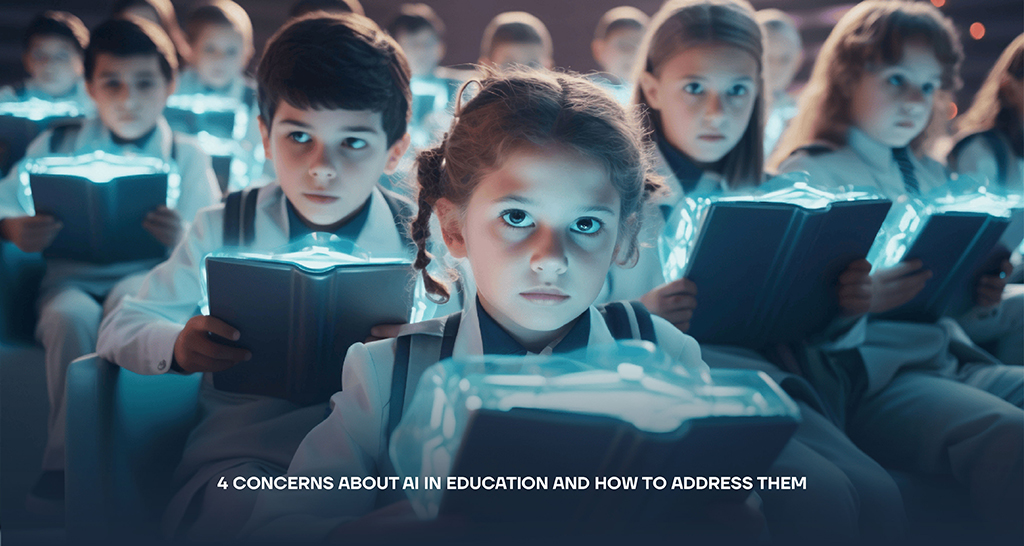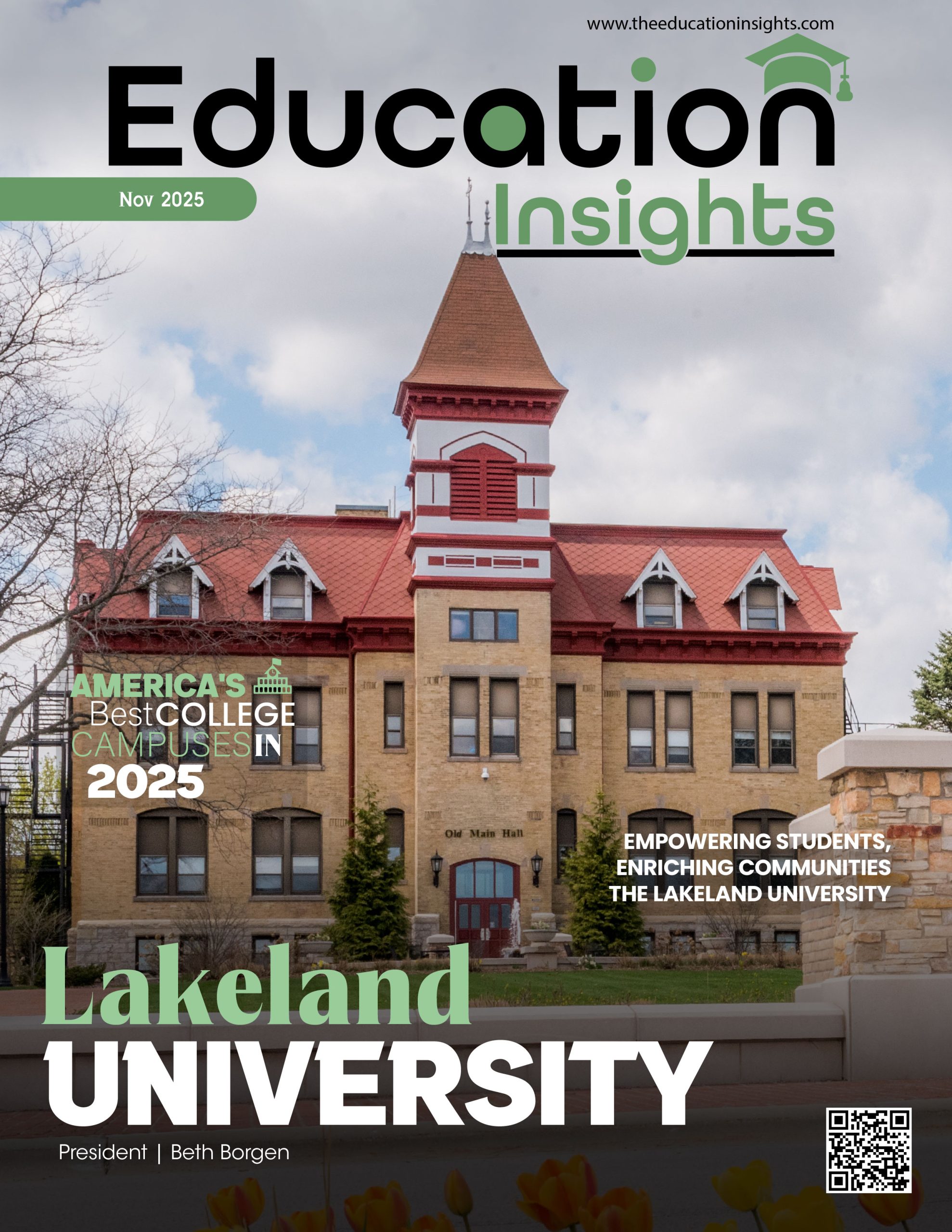As artificial intelligence progressively transforms numerous sectors, its incorporation into the educational field presents both opportunities and challenges. With capabilities ranging from tailored learning experiences to automated assessment, AI provides significant resources for enhancing teaching and learning. Nevertheless, the swift implementation of these technologies introduces several critical issues. Below are four primary concerns regarding AI in education and potential strategies for addressing them.
- Data Privacy and Security
A significant concern is the management of students’ personal information. AI systems necessitate substantial quantities of data to operate efficiently, encompassing academic records, behavioral insights, and potentially biometric details. In the absence of stringent protections, there is a risk that this information could be exploited or accessed by unauthorized individuals.
To tackle this issue, educational institutions and developers need to comply with robust data protection laws, such as the GDPR or FERPA. The adoption of encryption, anonymization techniques, and transparent consent policies will enhance the safeguarding of student information. Furthermore, it is essential to inform educators and parents about the methods of data collection and its utilization.
- Algorithmic Bias
AI systems can only achieve impartiality to the extent that their training data is free from bias. When the training data mirrors existing social inequalities, the AI tools developed may perpetuate stereotypes or exhibit discrimination towards specific groups of students.
To tackle this issue, developers must emphasize the importance of using inclusive and representative data sets throughout the training process. Conducting regular audits and impact assessments can aid in recognizing and rectifying biases. Additionally, engaging a diverse group of educators and stakeholders in the design and evaluation of AI systems will contribute to achieving more equitable results.
- Loss of Human Connection
Education encompasses more than merely the dissemination of knowledge; it also involves fostering relationships, providing mentorship, and offering emotional support. There is apprehension that an excessive dependence on artificial intelligence may lead to a depersonalization of the learning experience, diminishing essential human interactions.
AI should be utilized to enhance, rather than supplant, human educators. Automating tasks such as grading and data analysis can allow teachers to dedicate more time to meaningful interactions with students. By promoting a hybrid model in which AI assists but does not replace the teacher, we can maintain the essential human element in educational settings.
- Accessibility and Inequality
Access to AI tools is not uniform across all schools and students. Variations in funding, infrastructure, and digital literacy may exacerbate the educational divide instead of bridging it.
To tackle this issue, it is imperative for policymakers and educational leaders to collaborate in guaranteeing fair access to AI resources. This necessitates investment in infrastructure, training, and inclusive design. Furthermore, the integration of AI must align with a wider dedication to achieving digital equity.
In conclusion, although artificial intelligence has significant potential to revolutionize education, it is essential to tackle these issues to guarantee that it serves all students in a safe, equitable, and efficient manner.










